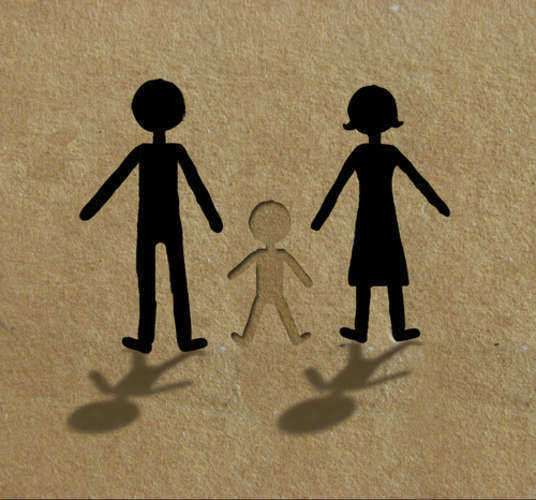Child Custody Laws in Pennsylvania
PENNSYLVANIA CHILD CUSTODY LAWS & REGULATIONS UPDATE 2023
A DECADE OF CHANGE: AN OVERVIEW OF PENNSYLVANIA'S CHILD CUSTODY LAWS AND REGULATIONS TIMELINE (2013-2023)
Pennsylvania's dedication to ensuring the best interests of children and parents involved in custody proceedings is evident in the changes made to its child custody laws over the past decade. The following key updates from 2013 to 2023 highlight Pennsylvania's commitment to adapting its child custody regulations:
2013 - Child's Best Interests:
- Pennsylvania reiterates the child's best interests as the primary focus in custody determinations.

2014 - Parenting Plans Requirement:
- Introduction of mandatory parenting plans outlining custody arrangements, visitation, and decision-making responsibilities.
2015 - Shared Custody Emphasis:
- Emphasis on shared custody arrangements to encourage the ongoing involvement of both parents.
2016 - Child's Preferences Acknowledged:
- Courts start considering the child's preferences when determining custody arrangements.
2017 - Domestic Violence Consideration:
- Pennsylvania starts considering domestic violence history as a significant factor in custody decisions.
2018 - Mental Health Assessment:
- Introduction of mental health assessments when relevant to parental fitness and child well-being.
2019 - Relocation Guidelines:
- Establishment of guidelines addressing parental relocations and their impact on existing custody arrangements.
2020 - Co-Parenting Education:
- Requirement for parents to attend co-parenting education classes to enhance communication and cooperation.
2021 - Grandparent Visitation Rights:
- Enhancement of grandparent visitation rights when it's in the child's best interests.
2022 - Technology's Role in Co-Parenting:
- Pennsylvania addresses the role of technology in co-parenting arrangements and its effects on children.
2023 - Encouraging Child-Focused Agreements:
- Promotion of child-focused agreements to ensure the child's needs remain at the forefront.
These changes reflect Pennsylvania's ongoing commitment to prioritizing children's well-being and promoting harmonious co-parenting relationships through its evolving child custody laws.
Guide to Child Custody Laws in Pennsylvania
Pennsylvania recently updated its child custody laws to make custody hearings consistent across the state. Because these laws only went into effect at the beginning of 2011, much of the available information about child custody laws in Pennsylvania is now out of date. This guide will explain the new child custody laws in Pennsylvania so that you can better understand the way the law will affect your custody dispute.
Changes to the Law
The changes to child custody laws in Pennsylvania were designed to protect parents and keep them better informed about custody decisions. Judges are now required to give an explanation of their rulings, which they were not before. Parents are also allowed to seek orders of custody while living separated but in the same residence.
The new child custody laws in Pennsylvania also forbid judges from awarding custody to a parent simply due to gender. Parents with a custody order who are considering a move out of the state must also now notify the other parent and the court to see if the custody order may need to be modified.
Judges must also look at families to see if either parent has been convicted of one of a number of serious crimes, including alcohol and drug violations. These evaluations must be complete before a custody order can be given.
Can Children Decide?
The state of Pennsylvania has never allowed children to decide on their own which parent they prefer to stay with. Child custody laws in Pennsylvania today are based on the best interest of the child, and while a child's preferences may be taken into account by a judge if the child is of sufficient age to express a reasonable preference, it will never be the sole deciding factor.
Legal Custody
Legal custody simply means which parent is allowed to make the big decisions for a child, including choices about religious instruction, schooling, and healthcare. Legal custody may be awarded jointly, which gives both parents a say in these decisions, or solely to one parent. If sole legal custody is awarded, the non-custodial parent should still be informed about major decisions but does not need to be brought into the decisionmaking process.
Physical Custody
Physical custody refers to which parent a child will live with. While some cases will result in sole physical custody being awarded to one parent and others will have a 50/50 split, the more common arrangement is for a judge to grant one parent primary physical custody while the other parent sees their child less.
New child custody laws in Pennsylvania still allow old visitation orders to continue, but all new child custody cases award limited or secondary physical custody rather than visitation. If a parent has any time that they see or reside with their child, they are said to have a form of physical custody now.